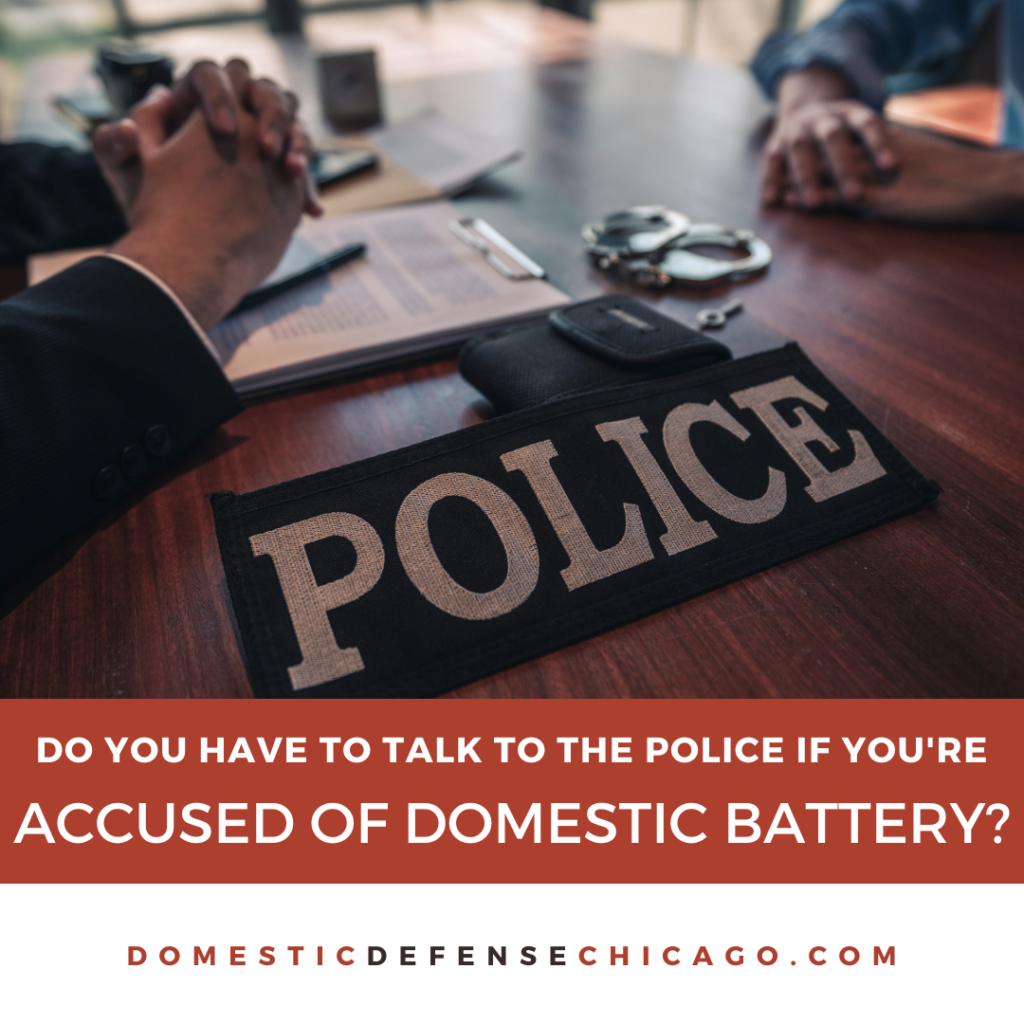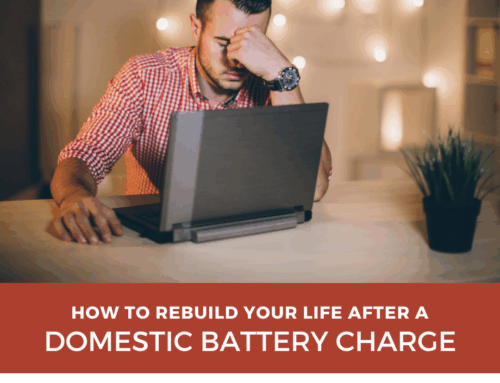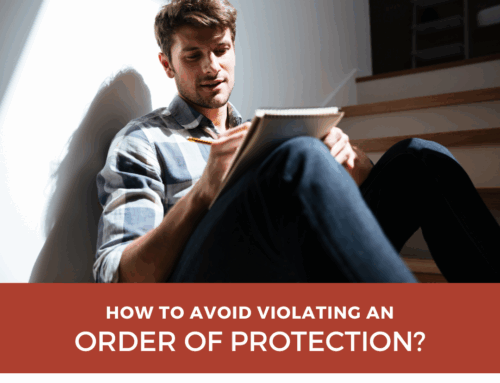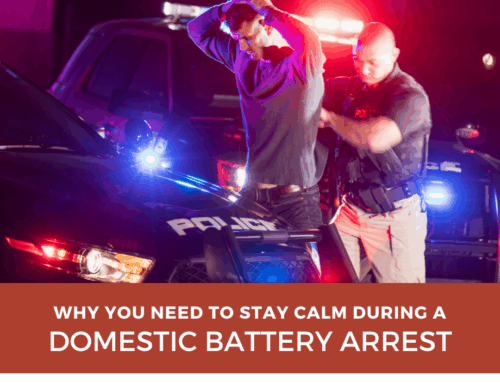Facing a domestic battery accusation can be a stressful and confusing experience. One of the questions you might have is whether or not you’re required to talk to the police. This guide aims to provide clarity on this critical issue.
Do You Have to Talk to the Police if You’re Accused of Domestic Battery?
In this guide, you’ll find valuable insights on the following:
- Understanding your rights
- The role of a lawyer in police interactions
- The potential consequences of speaking without representation
- Guidelines on interacting with law enforcement
- Responding to questioning
Here’s a closer look at each.
Understanding Your Rights
In the U.S., the Fifth Amendment protects individuals from self-incrimination. This means you have the right to remain silent when questioned by the police, especially if you’re suspected or accused of a crime like domestic battery. So, to answer the question upfront: no, you don’t have to talk to the police if you’re accused of domestic battery.
Related: Can you claim self-defense in a domestic battery case?
The Role of a Lawyer in Police Interactions
If you’re accused of domestic battery, it’s strongly recommended to seek legal representation immediately. A lawyer will advise you on your rights, represent you during police interactions, and guide you through the legal process. They’re there to help protect your interests.
The Potential Consequences of Speaking Without Representation
Talking to the police without a lawyer present could put you at risk of saying something that might be used against you in court. Remember, anything you say can and will be used against you. Therefore, it’s advisable to wait until your lawyer is present before answering any questions.
Guidelines on Interacting with Law Enforcement
It’s important to interact with law enforcement respectfully and responsibly. If you’re approached by the police, remain calm, and affirm your desire to cooperate. However, make it clear that you’d like to do so in the presence of your attorney.
Related: How a domestic battery defense lawyer can help you fight false allegations
Responding to Questioning
If the police start questioning you about the accusations, politely but firmly state that you wish to remain silent and that you want your attorney present. You’re not obstructing justice by doing this; you’re simply exercising your rights.
FAQ About Talking to the Police if You’re Accused of Domestic Battery
Check out these commonly asked questions about talking to the police if you’re accused of domestic battery. If you don’t see the answers here, please call our office and we’ll get you the information you need.
Related: What happens if someone gets an order of protection against you in Illinois?
What should I do if the police come to my house?
Remain calm and ask if they have a warrant. If they don’t, you’re not obliged to let them in. Call your lawyer immediately.
What if I’m arrested on the spot?
Remember your right to remain silent and ask for your attorney. Don’t resist arrest, as it could lead to additional charges.
Can my silence be used against me?
No. The Supreme Court has ruled that your silence can’t be used as evidence of guilt.
What should I do if I’m forced to speak?
You can’t be legally forced to speak. If you feel pressured, reaffirm your right to remain silent and your wish for legal counsel.
Can I lie to the police?
No. Lying to the police can result in charges of obstruction of justice or making false statements.
Related: Does a domestic battery conviction stay on your record forever in Illinois?
Remember, you don’t have to talk to the police if you’re accused of domestic battery. Get a lawyer, understand your rights, be respectful to law enforcement, but ensure you have representation before you answer any questions.
Do You Need to Talk to an Attorney About Domestic Battery Defense?
If you need to talk to a domestic battery defense attorney in Illinois, we’re here to help. Call us at 847-920-4540 now – we’ll be happy to give you a free consultation and talk to you about your options.







Leave A Comment
You must be logged in to post a comment.